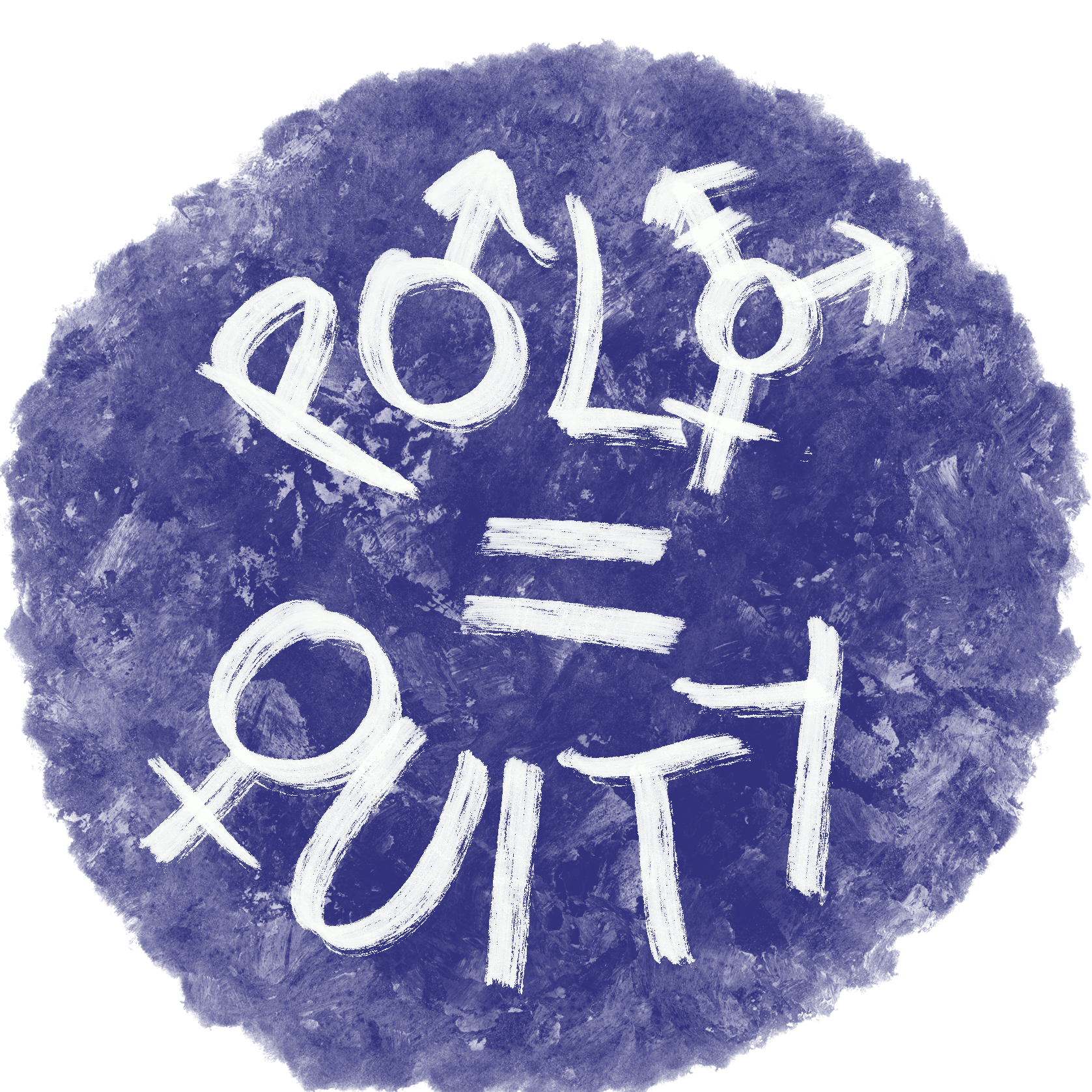cliquez ici pour la version française
The myth of manliness. A trap for both sexes – Olivia Gazalé
This article is a summary from notes taken while listening to the daily podcast The paths of philosophy (Les chemins de la philosophie) on France culture, having for subject « The myth of manliness » with guest Olivia Gazalé, teacher of philosophy and author of the eponymous book.
This podcast serves as a starting point for our tea & talk of the 13th of December 2018 on the theme of masculinity.
Link to the podcast (58mn) (French)
—
First of all, we need to know how to differentiate between the definitions of masculinity and manliness/virility. Olivia Gazalé explains that masculine means that which relates to men, whereas virility comes from the Latin Vir which means masculine. Virility is the social construction that corresponds to « the excellence of the human species », which leads to the inferiorisation of women and femininity in general and therefore, by extension, of all men who do not lend themselves to the rigid definition of virility.
While the definition of masculinity may have changed over time, the definition of manliness has remained the same. Manliness is the symbol of power, of strength. It is a hegemonic, unique social construct, an ideal of strength, courage, honour, a taste for conquest, glory, sacrifice. Manliness represents invincibility and power, it enjoins emotional restraint, not to show that one is suffering (stoicism).
Manliness thus represents a human ideal that only men can achieve and that all men should achieve, a paradoxical and harsh idea. The virile man is created during his education, the little boy is taught not to cry, to despise all forms of femininity, to be strong, not to show his emotions. According to Olivia Gazalé, it is easier to make a woman out of a girl than a man out of a boy, because the latter has to extract himself from his mother’s protection and from the feminine in order to impose his power and become strong. The rites of passage, whether explicit or implicit, show this clearly.
The man must embody such an ideal of power and control unlike the woman who « undergoes » her menstruation, pregnancies etc. In Ancient Greece, the only dignified human relationships were between men (homoromantism), and sexual relationships with women were reserved for reproduction, the only thing the woman was supposed to be good for. In the Roman forums, one even went so far as to hold back one’s sneezing and yawning, because only women could not control themselves.
Manliness leaves no room for a flexible definition of masculinity, and forces men to follow this absurd ideal of power. Those who do not follow it are victims of discrimination. Olivia Gazalé takes the example of the extremely common use of homophobic slurs which are said for the purpose of inferiorisation and are embedded in the culture. These insults are almost always aimed at male homosexuality, a homosexual man is effectively not seen as a man in the eye of society.
Manliness is so unique to men that there is no female equivalent. The feminine is opposed to the masculine and the man to the woman, but the ideal of manhood can only be achieved by a man. A man who does not follow this rigid masculinity is seen as not really being a man.
Olivia Gazalé insists that this myth of virility is not only very bad and toxic, but that it makes men suffer and that very few of them realise it. Women have indeed already made their internal revolution against gender stereotypes, and strict definitions of femininity. Men still have this work to do, and the single masculinity that must be followed in this manly ideal must become plural, for Masculinities are multiple.
There are as many masculinities and ways of living it as there are men, but first we have to get rid of this myth of manliness. According to Olivia Gazalé, a Masculist cause (not Masculinist, the cause of defending men from women) must make its way.
